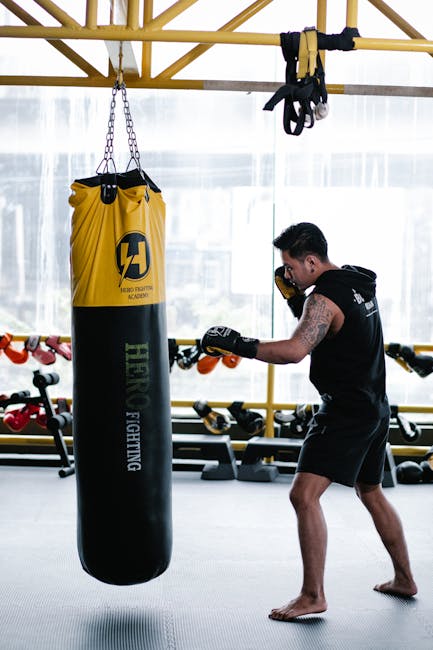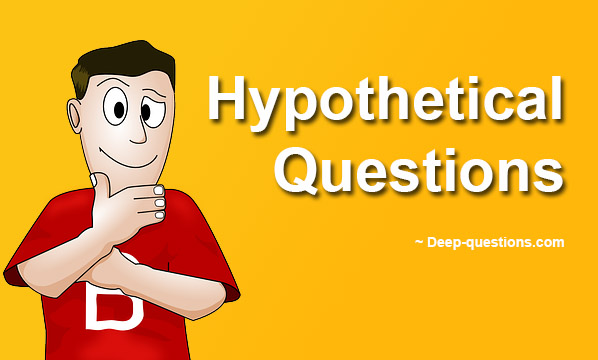Mastering Communication for Lasting Relationships

In a world where emojis often speak louder than words, mastering communication for lasting relationships has become as elusive as getting your cat to actually use the scratching post instead of your new couch. But fear not, intrepid reader, for we are here to guide you through the treacherous waters of modern communication techniques and help you emerge victorious, with relationships that last longer than a Kardashian marriage. So grab your metaphorical life vest and let’s set sail on the choppy seas of human interaction!
The Importance of Effective Communication in Relationships
Communication is the glue that holds relationships together. Without effective communication, misunderstandings can pile up faster than a toddler’s toy box.
So why is effective communication so crucial in relationships? Let me break it down for you:
- Prevents arguments: When you can effectively communicate your thoughts and feelings, you’re less likely to end up in a heated argument. Unless you’re arguing over who left the toilet seat up again.
- Builds trust: When you’re able to communicate openly and honestly, you’re showing your partner that they can trust you. Unless you’re telling them that you totally didn’t eat the last piece of cake when you clearly did.
- Strengthens emotional connection: Sharing your deepest fears, hopes, and dreams with your partner can create a deeper emotional bond. Just make sure they’re not secretly filming your emotional breakdown to post on TikTok.

Building Trust and Understanding Through Communication
So you want to build trust and understanding through communication, huh? Well, you’ve come to the right place! Let’s dive into some tips and tricks to help you master the art of effective communication.
First and foremost, listen up! I mean really listen. Don’t just nod your head and think about what you’re going to have for lunch. Show the other person that you care about what they’re saying by actively engaging in the conversation. Ask questions, maintain eye contact, and try not to interrupt (even if you’re bursting with something to say).
Next, remember that body language speaks louder than words. So sit up straight, uncross your arms, and try not to fidget like a squirrel on espresso. Show the other person that you’re interested and engaged in the conversation through your posture and gestures.
And last but not least, be open and honest in your communication. Don’t beat around the bush or sugarcoat things. Be direct, but also be kind. Remember, a little honesty goes a long way in building trust and understanding.

Overcoming Communication Barriers in Relationships
Communication barriers in relationships can be as frustrating as trying to assemble IKEA furniture without the instructions. But fear not, there are ways to navigate through the tangled web of miscommunication and come out stronger on the other side.
Here are a few tips to help you overcome those pesky communication barriers:
- Listen actively – Put down your phone, stop thinking about what you’re going to say next, and really listen to what your partner is saying. It’s amazing what you can learn when you actually pay attention.
- Use “I” statements – Instead of pointing fingers and making accusations, try using “I” statements to express your feelings. For example, “I feel hurt when you forget our anniversary” is much more effective than “You always forget our anniversary!”
Remember, communication is a two-way street. It’s not just about talking, but also about actively listening and understanding each other. So the next time you hit a communication roadblock with your partner, try implementing these strategies and watch the barriers crumble away.

Practicing Active Listening in Communication
So you think you’re a great listener, huh? Well, let’s put that to the test! Active listening is a skill that takes practice, patience, and a sprinkle of magic dust. Here are some tips to help you become a master of the listening arts:
- Put down the phone, shut down the laptop, and for the love of all things holy, stop scrolling through Twitter while someone is talking to you. Show some respect, people!
- Make eye contact, nod in agreement, and throw in a “hmm” or “ahh” every now and then. It’s like a little participation trophy for your ears.
- Repeat back what the person is saying in your own words. Not only does it show that you’re paying attention, but it also gives you a chance to show off your interpretive dance skills.
Remember, communication is a two-way street. So next time someone is pouring their heart out to you, resist the urge to interrupt with your own stories about that one time you met Beyoncé. Just listen, nod, and pretend like you care. It’s the polite thing to do, after all.

Expressing Emotions and Needs Clearly in Relationships
When it comes to expressing your emotions and needs in relationships, it’s important to remember that honesty is the best policy. No need to beat around the bush or drop subtle hints – just say what you mean! Here are a few tips to help you communicate effectively:
Be direct: Don’t expect your partner to read your mind. If you’re feeling upset or need something, just say it out loud. Trust me, they’ll appreciate your honesty.
Use “I” statements: Instead of placing blame or making accusations, focus on expressing your own feelings. For example, say “I feel ignored when you spend too much time on your phone” instead of “You never pay attention to me.”
Avoid sarcasm: While a little sarcasm can be funny, it’s not always the best way to convey your emotions. Sarcasm can easily be misinterpreted and lead to misunderstandings. Be straightforward and clear about what you’re feeling.
Resolving Conflicts Through Healthy Communication Techniques
When it comes to , it’s important to remember a few key strategies to keep things on track. First and foremost, it’s crucial to maintain a calm and respectful demeanor throughout the conversation. No one wants to be on the receiving end of a hissy fit!
One helpful technique to keep in mind is active listening. This means truly engaging with what the other person is saying, instead of just waiting for your turn to speak. Remember, communication is a two-way street!
Another important tip is to use “I” statements to express your feelings and needs. For example, instead of saying “You never listen to me,” try saying “I feel like my opinions aren’t being heard.” This can help prevent the other person from feeling attacked and defusing the situation.
And remember, sometimes it’s okay to agree to disagree. Not every conflict needs to be resolved with a bow on top. As long as both parties feel heard and respected, that’s what really matters in the end!
FAQs
How can effective communication benefit a relationship?
Well, have you ever tried communicating in morse code with your partner? Yeah, don’t. Effective communication is like the glue that holds a relationship together. It helps you understand each other better, resolve conflicts, and strengthen your bond.
What are some common communication barriers in relationships?
Picture this: you’re trying to have a serious conversation with your partner, but they’re too busy watching cat videos on their phone. Yup, that’s a communication barrier right there. Other common barriers include defensiveness, not listening, and not being open and honest.
How can active listening improve communication in a relationship?
Active listening is like giving your partner a mental high-five. It involves truly focusing on what they’re saying, asking clarifying questions, and showing empathy. So instead of tuning out and thinking about what you’re going to have for dinner, try practicing active listening for a change.
What are some tips for resolving conflicts through communication?
Conflicts in a relationship are as fun as getting a root canal, but they don’t have to be. Instead of sweeping issues under the rug or resorting to name-calling, try to approach conflict resolution with love, empathy, and a willingness to compromise. It’ll save you a lot of headaches in the long run.
Why is nonverbal communication important in relationships?
Ever heard the saying “actions speak louder than words”? Well, that’s nonverbal communication in a nutshell. Your body language, facial expressions, and gestures can convey just as much (if not more) than your words. So next time you roll your eyes at your partner, just remember that nonverbal communication speaks volumes.
In conclusion, remember: communication is the key to unlocking the secrets of lasting relationships!
So, go forth and conquer those tricky conversations, navigate those choppy waters of conflict, and embrace the power of listening and understanding. You’ve got this! And who knows, maybe one day you’ll become the master communicator of your own fairy tale love story. But for now, just focus on mastering the art of communication – your relationships will thank you for it!






